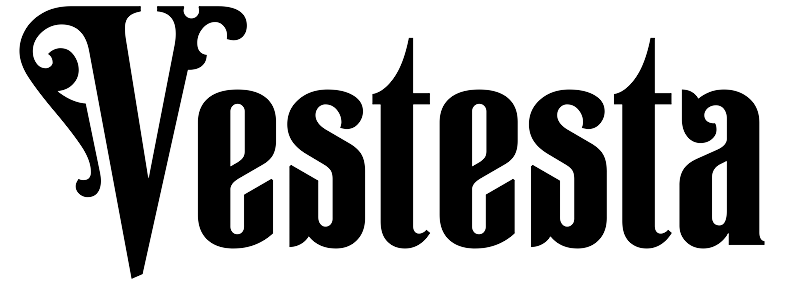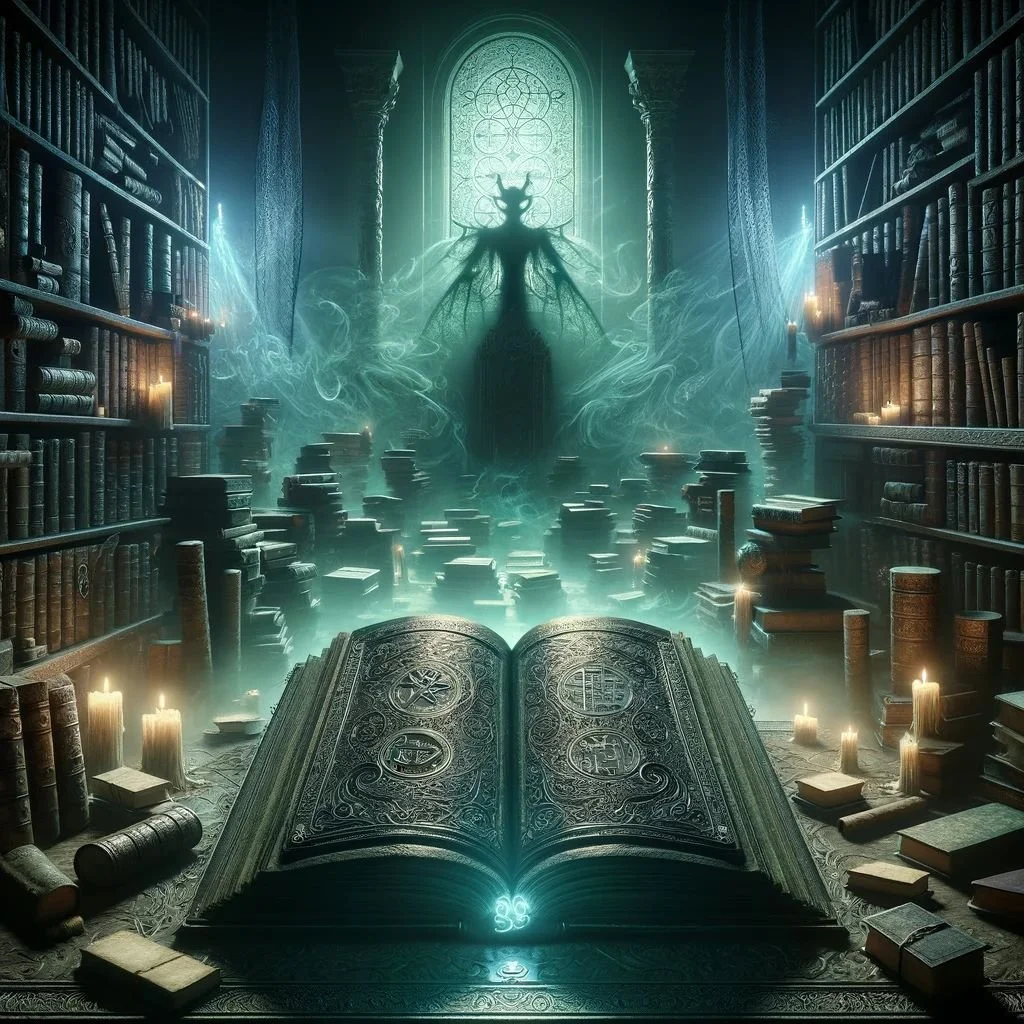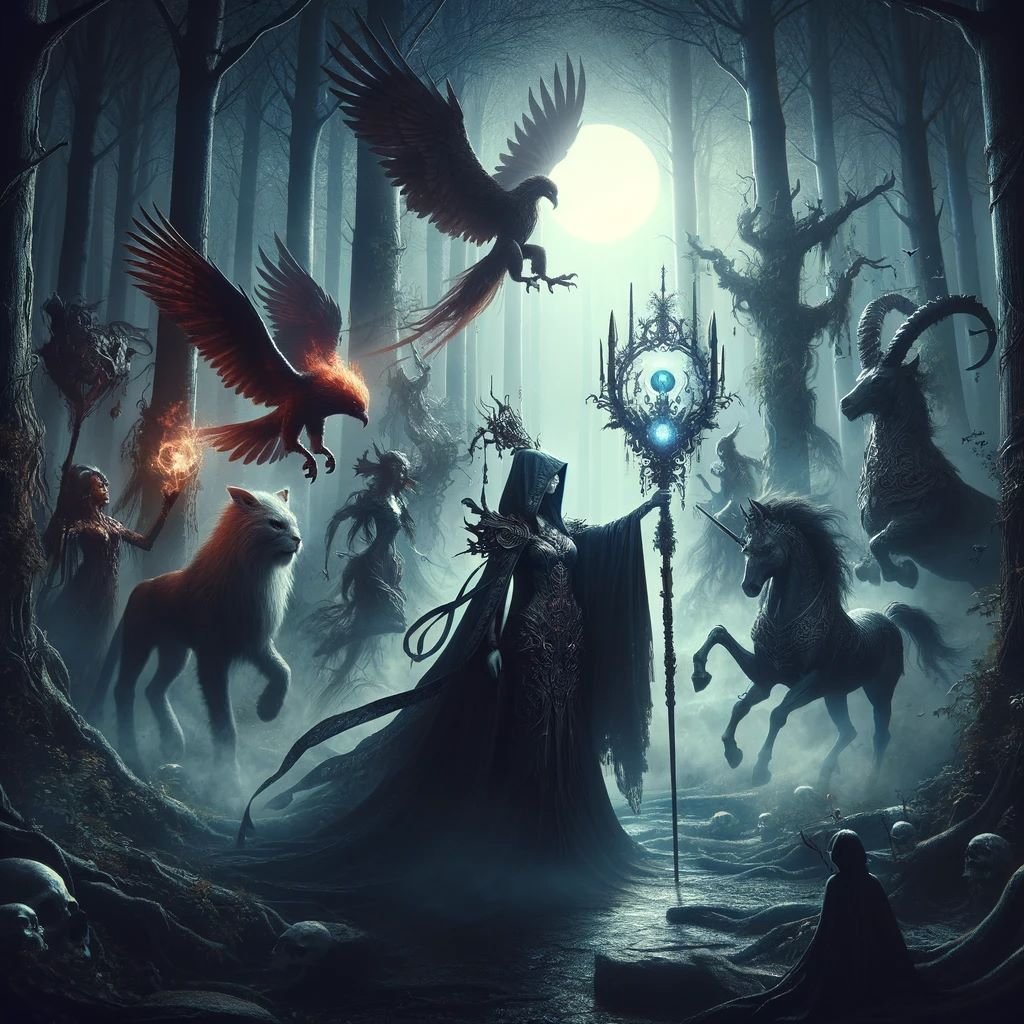The Allure of Dark Fantasy
In the realm of literature and imagination, dark fantasy horror has carved its niche, captivating audiences with its blend of the macabre and the magical. This genre, characterized by its ability to make us survive great evil while questioning the nature of good and darkness, offers a unique escape. Here, readers confront their deepest fears, not just to defeat but to understand them, transforming traditional narratives into complex, shadowy tales.
Mythology Meets Darkness
When dark fantasy merges with the rich tapestry of Greek and Roman settings, it creates a world where myth and shadow play in tandem. This fusion breathes life into Dark Fantasy books where fantasy fey hags roam, and a Greek mythology mix twists the familiar into something eerily unfamiliar. It’s in these narratives that mythology doesn’t just complement the story; it becomes the story, offering a Greek mythology recs for a new era.
Defining the Darkened Myths
What is Dark Fantasy?
Dark fantasy is not merely a genre; it’s an exploration into the uncharted territories of our psyche. With its occult dark fantasy undertones, it delves into the realms of the forbidden and the unknown. Dark currents in literature sweep us away into worlds where the fantastical meets the horrifying, blurring the lines between reality and nightmare.
Mythology’s Role
Mythology serves as the backbone of many a dark fantasy narrative. From the epic tales of Prince of Fools to the intricate web of Dark Fantasy Greek Mythology, these stories are enriched by the ancient myths they embody. The Strength of Shadows in these tales is palpable, echoing the timeless struggles and triumphs of gods and mortals alike.
Archetypes and Legends: The Backbone of Dark Fantasy
Mythical Archetypes
In every dark corner of fantasy, you’ll find the familiar archetypes: the hero, the mentor, and the shadow. These characters are the vessels through which ancient lore and modern narrative converge, creating a Dark Fantastic Literature that resonates with timeless themes and new insights.
Legendary Creatures and Gods
From the pantheon of Greek gods to the eerie domains of the fantasy fey hags, dark fantasy is teeming with beings both divine and dreadful. These mythical creatures Celtic or Norse, serve not just as characters but as symbols, each embodying a facet of human nature or a piece of the cosmic puzzle.
World Building: Creating a Mythologically Dark Universe
Crafting Environments
Creating a dark, mythologically rich setting is akin to painting with words. Here, Dark Fantasy Art meets narrative, creating environments that are as compelling as the characters that inhabit them. Whether it’s a Celtic mythology romance unfolding in an ancient forest or a New Adult Dark Fantasy set in a dystopian future, the setting plays a pivotal role.
Cultural Influences
The myths of different cultures offer a vast palette for dark fantasy narratives. A Norse mythology inspired tale might weave in the fatalistic view of the Vikings, while a story with a Greek Roman setting might embody the tragic flaws and grandeur of its heroes and deities.
Plot and Conflict: The Heart of Dark Fantasy
Structuring Mythological Plots
Incorporating mythology into the plot isn’t just about referencing ancient tales. It’s about weaving them so intricately into the narrative that they become a driving force for conflict and resolution, as seen in the Daughter of Nyx series where the personal and the mythical collide.
Conflict and Resolution
Conflict in dark fantasy often goes beyond the physical, delving into the moral and existential. The characters aren’t just fighting external evils; they’re battling internal demons, reflecting the magic real evil that resides within all of us.
Characters: Heroes and Villains of the Night
Protagonists with Depth
Heroes in dark fantasy are far from the traditional knights in shining armor. They are flawed, complex, and often carry the weight of the world, or at least its shadows, on their shoulders. Inspired by mythology, they navigate a world where right and wrong aren’t black and white.
Antagonists and Monsters
The villains in dark fantasy are as compelling as the heroes, if not more. From the cunning court intrigue book villains to the monstrous incarnations of fear found in Pinterest Dark Mythology, these antagonists reflect the darker aspects of humanity and mythology.
Themes and Symbols: The Language of the Gods
Recurring Themes
Dark fantasy is rife with themes of power, corruption, redemption, and the human condition. These themes are often intertwined with mythological elements, offering a richer, more profound narrative.
Symbolism and Meaning
Symbols from mythology don’t just add depth to the story; they speak a language of their own. Whether it’s the Anton Semenov art depicting the surreal and the supernatural or the intricate symbols found in an 80’s Dark Fantasy Film, each serves a purpose, adding layers of meaning to the narrative.
The Narrative Voice: Telling Tales of Old and New
Style and Tone
Capturing the right tone for a dark, mythological narrative is crucial. It sets the mood, builds the world, and guides the reader through the labyrinthine plot. The voice must be as enchanting as the Strength of Shadows and as haunting as the dark currents that flow through the story.
Perspective and POV
The point of view can change how a story is told and received. An omniscient narrator might offer a god-like perspective, reminiscent of the ancient myths themselves, while a first-person POV can offer an intimate, visceral experience.
Engaging the Modern Reader: Relating Ancient Myths to Contemporary Themes
Relevance Today
The best dark fantasy stories are those that, despite their mythical roots, resonate with contemporary themes. They reflect our current fears, desires, and moral dilemmas, making the ancient myths relevant to a modern audience.
Moral and Ethical Dilemmas
Dark fantasy often explores the grey areas of morality, reflecting the complex nature of human choices and the ethical dilemmas that arise from them. It challenges the reader to think, to question, and to explore the darker corners of their own psyche.
The Enduring Power of Dark Fantasy and Mythology
Reflecting on the Journey
As we conclude our journey into the shadows, we reflect on the enduring power of dark fantasy and mythology. These stories, rich with dark fantasy horror and ancient wisdom, offer more than just an escape; they provide a mirror, reflecting our own world, our fears, and our dreams.
Looking Forward
The future of dark fantasy and mythology is as mysterious and exciting as the tales themselves. As long as there are shadows to explore and myths to tell, this genre will continue to evolve, captivating new generations with its dark allure and timeless themes.






0 Comments